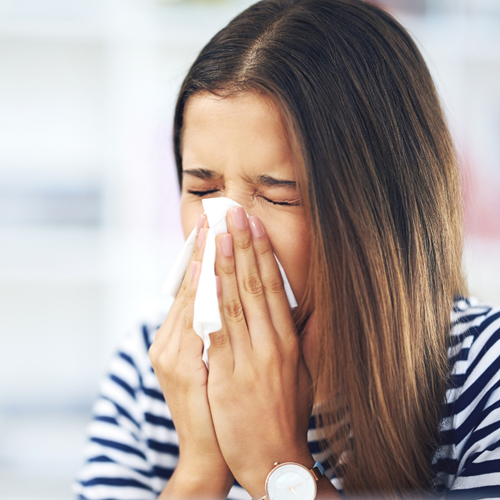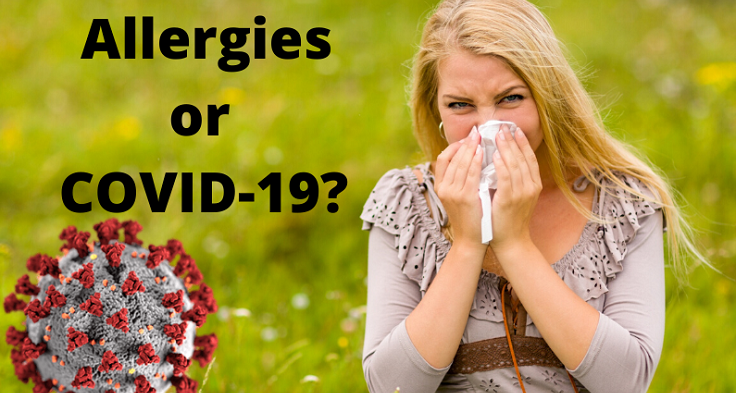Six Tips to Breathe Easier This Season

Spring Has Sprung – And So Have Allergies! Six Tips to Breathe Easier This Season
Spring in our area can be beautiful as the days grow longer and flowers bloom. However, for many, the season also brings the dreaded onset of allergies. Seasonal allergies, particularly pollen allergies, affect millions of people, and the transition from winter to spring often triggers symptoms such as sneezing, congestion, itchy eyes, and a runny nose.
Randall McShine, MD, a primary care physician with Emerson Health Primary Care Sudbury, provides six strategies to help you breathe more easily this season.
1. Monitor Pollen Counts
In New England, pollen counts tend to peak in the spring, especially in April and May when trees like birch, oak, and maple release pollen into the air. Stay informed by checking daily pollen forecasts, widely available on weather websites and apps. On days when pollen levels are high, try to limit outdoor activities, especially during peak pollen hours (early morning to midday).
2. Keep Windows Closed
It is tempting to let in the fresh air, but open windows allow pollen to enter your home, exacerbating allergy symptoms. Keep your windows closed at home and in your car during peak pollen times. If you rely on air conditioning for cooling, ensure your filters are clean, and the system is set to circulate air without introducing outdoor allergens.
3. Shower and Change Clothes After Being Outside
Pollen can stick to your clothes, hair, and skin. After spending time outdoors, it is important to shower and change into clean clothes to remove any allergens that might be lingering. This simple step can significantly reduce exposure and prevent pollen from spreading indoors.
4. Use Allergy Medications
Over-the-counter antihistamines, decongestants, and nasal sprays can effectively relieve common allergy symptoms. Nasal irrigation (with a saline rinse) can also help clear allergens from your nasal passages. However, it is always a good idea to consult with your provider before starting new medications to ensure they are right for you.
5. Maintain a Clean Living Space
Regular home cleaning can help reduce indoor allergens, such as dust mites and mold, which can worsen springtime allergies. Vacuum carpets with a HEPA filter, wash bedding frequently and consider using an air purifier in your bedroom and living areas.
6. Consider Allergy Shots
Immunotherapy (allergy shots) may offer long-term relief for individuals with severe seasonal allergies. This treatment involves receiving regular injections of allergens to help your body build immunity. Consult with your primary care provider to determine if this option is right for you.
By following these tips, allergy sufferers in New England can enjoy the beauty of spring.


